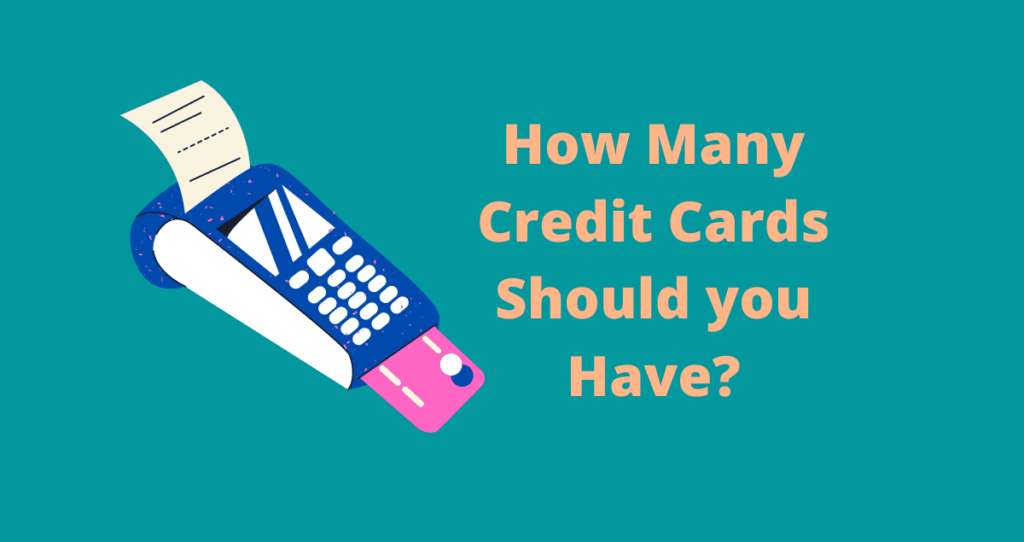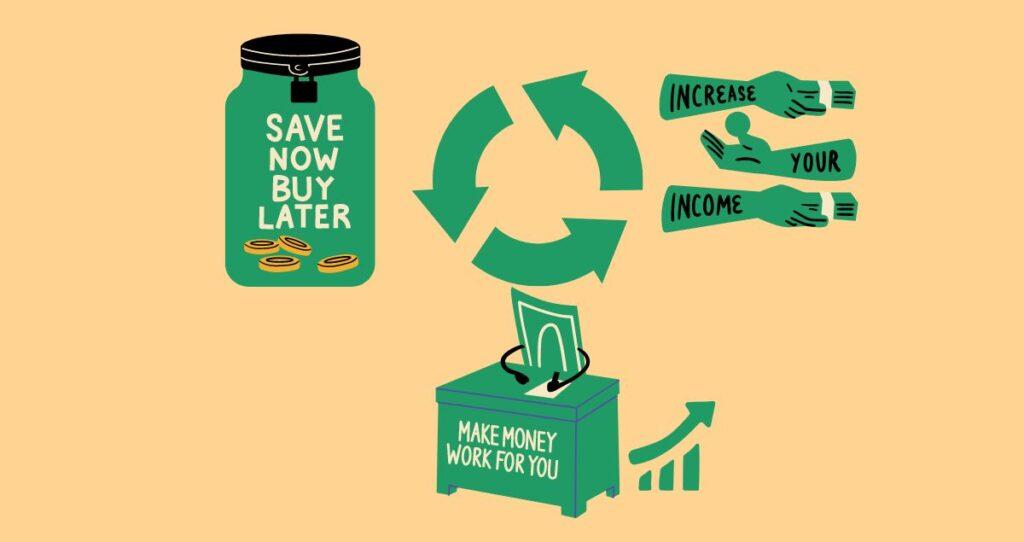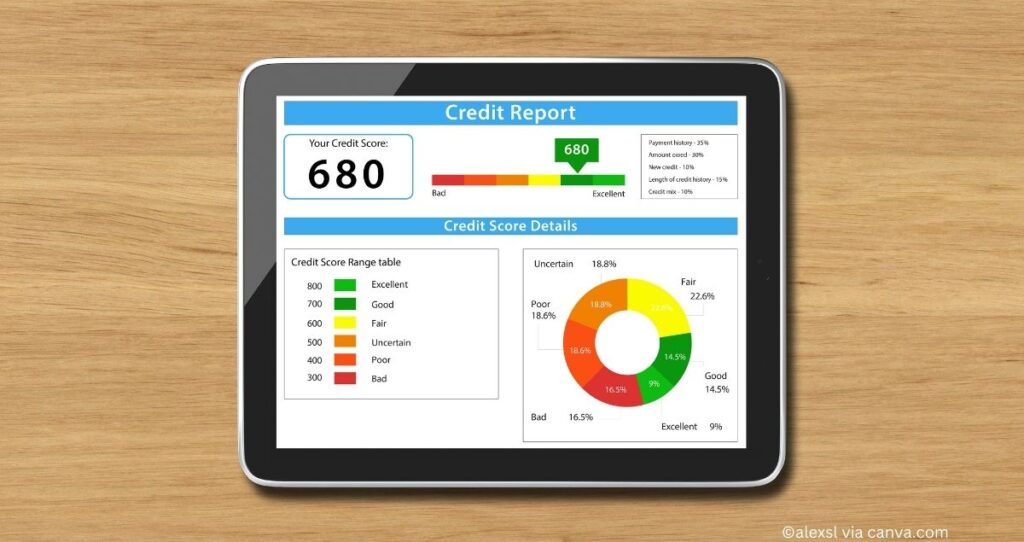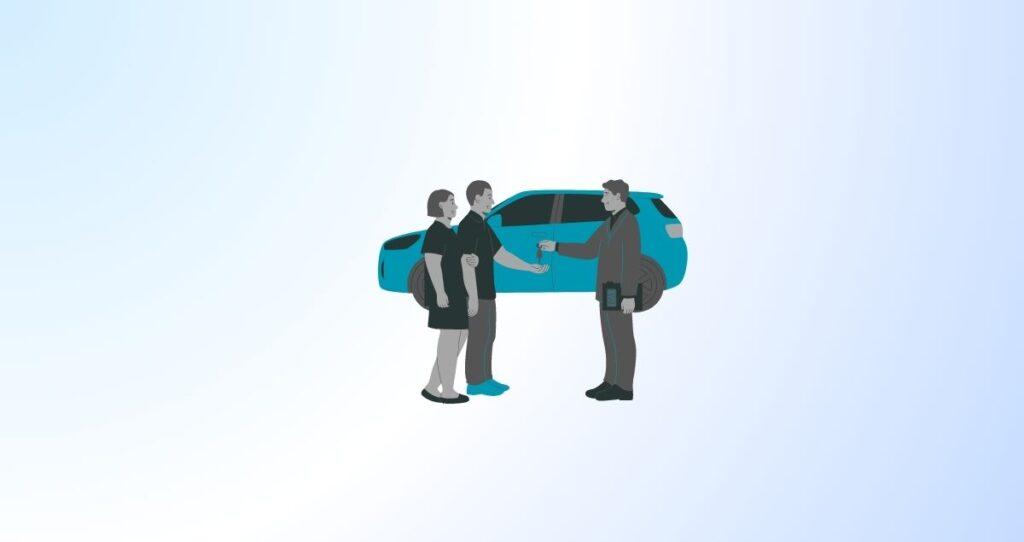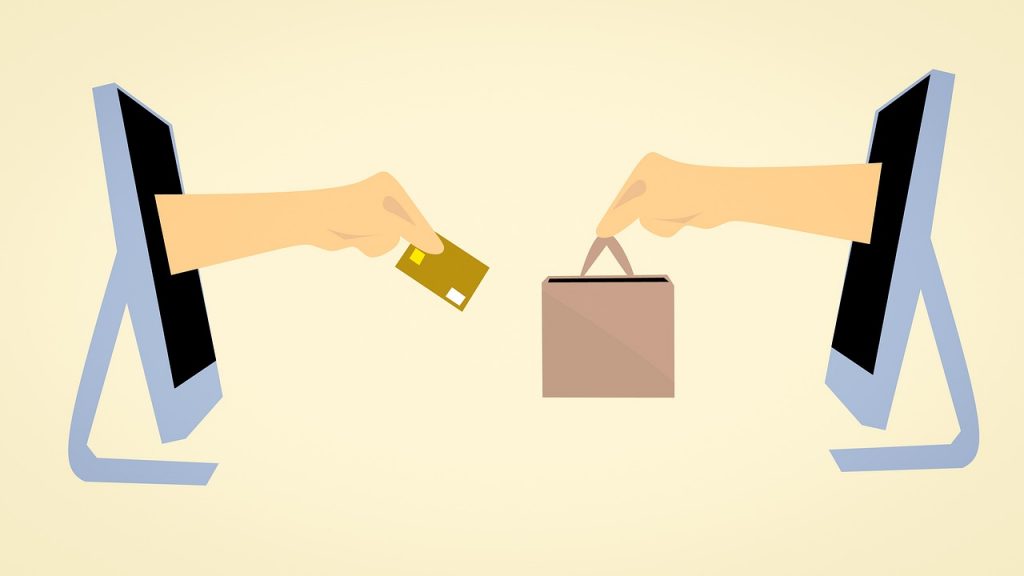How many credit cards should I have? Credit cards have become a big trend recently. Some users have accumulated unimaginable debts and became bankrupt whereas others have rebuilt their finances and became better than ever before. Those who use them wisely reap the rewards. Others pay the price.
Credit cards are a form of revolving loans that lenders give to qualified users. Each user will be approved for a maximum amount on each card. This amount is known as a credit limit or line of credit. Once this amount is spent, the user must pay some of the balance to continue using the card. The approval rate and credit limit will depend on the creditworthiness of the borrower and the prime rate.
The main question is: How many credit cards should you have? In this article, we are going to discuss this issue in more detail.
How many credit cards should I have?
The number of credit cards you can have will depend on many factors and varies from one user to another. You can have as many cards as you want as long as you get approved for them. Some people prefer a have fewer cards, whereas others choose to have many.
NOTE: Before we move any further, we need to clarify that credit cards are debts. How much debt you have in relation to your financial standing will directly affect you.
Let’s change the question a little bit. Instead of asking how many credit cards should I have, let’s change the question to: how much debt should I accumulate?
How much debt can you accumulate? It is still the same question. Each card you get approved for represents a small loan. The more cards you get, the bigger the loan. So, how many credit cards can you have?
Before you decide what number is right for you, let’s see how each credit card you get approved for will affect your finances, credit score, and credit history. We will start with the benefits of having multiple cards.
Related: 9 Things to know before getting a credit card
Benefits of having multiple credit cards
- Can help reduce your credit utilization: Each credit card you get will come with its own credit limit. Since it will be a new card, the credit utilization for that card will be zero. The credit limit will be added to what you already had which in the end will increase your overall credit limit and decrease your credit utilization. For example, let’s assume that you had 2 cards already with a total credit limit of $2,000 and have a credit utilization of 80% (you spent $1,600 out of $2,000). If you get a new card with a credit limit of $2,000, your new credit limit will be $4,000. However, your credit utilization(dollar value spent) will stay the same. Your new credit utilization on three cards will be 40%. In other words, you spent $1,600 out of $4,000. By having a new credit card, your credit limit went from 80% to 40%.
- Increase your credit score: Your credit score is directly affected by your credit utilization. The higher your credit utilization, the lower your credit score gets. According to thebalance, your credit utilization takes 30% of your credit utilization. This is the second factor that affects your credit score besides payment history which takes 35% of your credit score calculation. By reducing your credit utilization, you end up rebuilding your credit score.
10 Tips to rebuild a bad credit score and repair credit
- New cards will come with their own benefits: Most cards come with cash backs, rewards, mile points, etc. By having a new credit card, you also get access to these benefits on certain purchases. This can help you save money.
- Improve your credit history: Having a new credit card will strengthen your credit history. That is a person who can manage two or three accounts responsibly is more trustworthy than a person with one account. Multiple accounts come with more responsibility and challenges. Your ability to manage them will improve your credit history.
- A new card can help you pay off your debt faster: If you have credit card debts that you want to pay off, a credit card could be a way to help you pay it off. You can get a credit card with %0 APR and stop using the ones with high APR. By minimizing the usage of old cards, the interest you pay on the balance will not increase faster. This will be a great chance for you to pay them off.
Disadvantages of having many cards

In this section, we are going to examine the disadvantages of having multiple credit cards.
- Accumulation of too much debt and the temptation to more spending: Each credit card represents a small debt. The more cards you get, the more debt you have on your accounts. Having too much debt is never a good idea. More importantly, having a lot of money at your disposal can lead you to spend without budgeting. When this happens, you will risk getting in more debts that will be difficult to pay off.
- Credit card debts are difficult to pay off: If you accumulate more credit card debts, you will have big trouble paying them off. Credit cards come with one of the highest interest rates known as the annual percentage rate or APR. This interest is compounded. For this reason, your debt grows faster if you do not take drastic measures. Having too many credit cards with a high APR will make it difficult to pay them off.
11 easy ways to reduce credit card debt
- A reduction of your credit score: Each credit card you apply for will lead to a reduction of your credit score. When you apply for a credit card, the lender will request to look at your credit profile. This will result in a hard inquiry on your report. As a result, your credit score will lose a few points. As noted by Experian, your credit score will go down by 5 points or less from a hard inquiry. By applying to many credit cards, you will risk wrecking your credit score.
- Many credit cards will be hard to manage: Each credit card will come with its own payment due date, terms of use, etc. Having a lot of credit cards with different monthly due dates and terms will pose a big challenge.
How many credit cards are right for you?
How many credit cards should I have? Should you get 1, 2, 3, or more credit cards? The answer to these questions will depend on a number of factors. The following tips will help you decide the number of credit cards you should have.
- How much debt you want to accumulate: The more credit cards you have the more debt you get exposed to. If you don’t want to be in debt, you should open fewer accounts.
- Why you need credit cards: If you need credit cards for shopping, then cash-backs and travel rewards cards could be right for you. On the other hand, if you need to rebuild your credit score, then having credit cards with 0% APR will be a good idea. If you are a student, students’ credit cards could be right for you. The point here is: Only apply for cards you need not the ones you want. It may not be a good idea to have a business credit card, student credit card, shopping, travel, etc. at once.
- How much debt you have already: If you are already in debt, you should avoid opening more credit card accounts.
- Your projected income: Credit cards are debt. Like any other debt, the amount you spend on your credit cards must be paid off in full and on time. There is only one way to achieve this: Having a reliable income. Before you open a credit card account, you must know if your income will support all balances, fees, and any other charges associated with the new card on top of other expenses.
